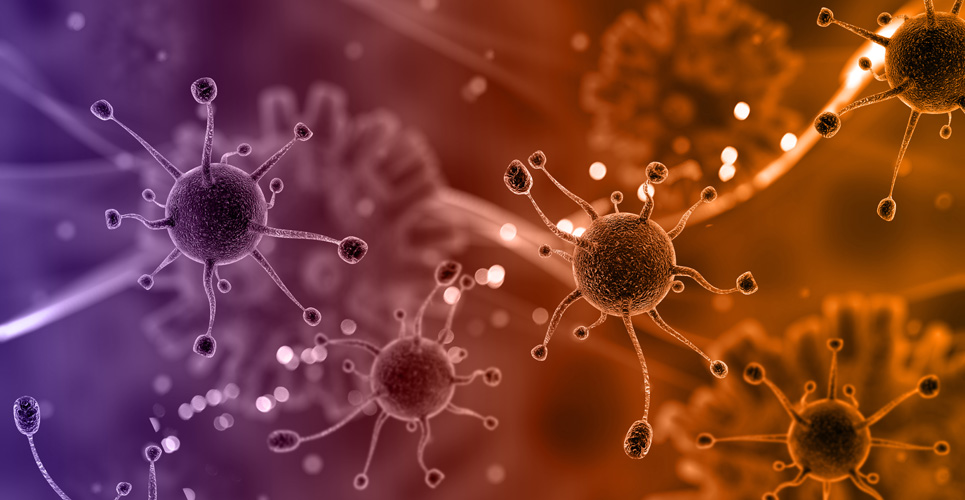teaser
A light-activated treatment has been created which targets and kills MRSA while leaving human cells unharmed, it has been revealed.
Scientists from University College London attached antimicrobial drugs to a protein fragment, known as a peptide, which is attracted to the methicillin-resistant Staphylococcus aureus (MRSA) bacteria.
The tin chlorin e6 antimicrobial agent then releases molecules that kill the bacteria when exposed to the correct wavelength of light.
Presenting the findings at the Society for General Microbiology’s annual meeting in Harrogate, study leader Linda Dekker said the therapy proved 1,000 times more effective than a tin chlorin e6 treatment which had not been attached to a targeting peptide.

She said the bacteria was also unlikely to develop a resistance to the treatment due to the killing mechanism involved.
Ms Dekker said: “The results from laboratory studies are very encouraging and indicate that this technique might be effective at treating tropical infections such as wound and burn infections.
“This work will require in vivo (outside the laboratory) trials before it can be used. Due to the growing resistance of many organisms to antibiotics, this approach may be the only one available for use against microbes resistant to all known antibiotics.”
Copyright Press Association 2009

